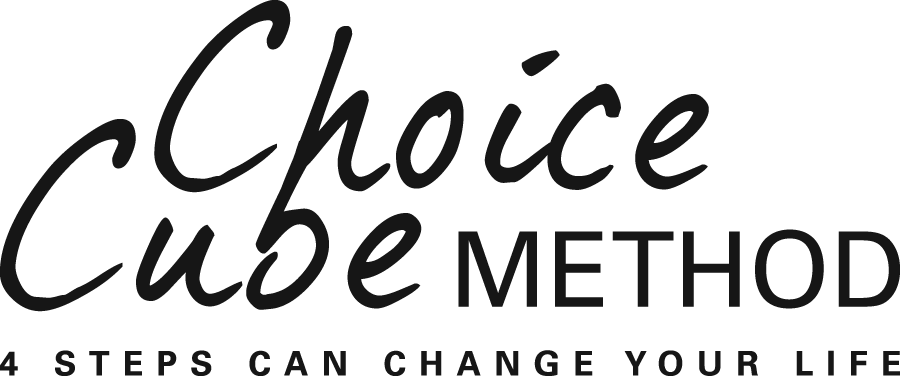Why Did I Pick the Same Kind of “Bad Boy” One More Time?
/ Kim is in her late thirties and has had a slew of ill-mannered boyfriends. Oh, they are charming at first, perfect, romantic gentlemen, but then they start spending entire weekends at her place, cleaning out the fridge and drinking all the beer, while they leave a trail of dirty clothes, beer cans and empty pizza boxes for her to follow. Kim ends up cooking for them and doing their laundry. Only to discover that they have another (or several- ouch!) girlfriends on the side.
Kim is in her late thirties and has had a slew of ill-mannered boyfriends. Oh, they are charming at first, perfect, romantic gentlemen, but then they start spending entire weekends at her place, cleaning out the fridge and drinking all the beer, while they leave a trail of dirty clothes, beer cans and empty pizza boxes for her to follow. Kim ends up cooking for them and doing their laundry. Only to discover that they have another (or several- ouch!) girlfriends on the side.
She recently broke up with Max, a man she had been seeing for almost a year, a man she thought might be “the one.” She learned he was spending “quality” time with his ex-wife again.
WHY DOES KIM REPEAT THE PATTERN OVER AND OVER? In a breakup, the thoughts that pop into Kim’s mind usually revolve around, “I’ve been had”, “I can’t believe I fell for it again” or “Do I have SUCKER written all over my face?” Kim can’t help but wonder why she always falls for emotionally unavailable men who only seem to want to use her for as long as it lasts. Why does this happen to her time and time again, when she’s so smart, so capable in her professional life? What Kim doesn’t understand is that her choice of men is connected to important childhood needs that were not met early on in her life.
UNFINISHED BUSINESS FROM CHILDHOOD According to Harville Hendrix, known internationally for his work with couples, sometimes parents fail to meet some early needs, which leads to pain and frustration. If these issues remain unfinished and unresolved, they lie in the subconscious mind until something stirs them up again.
THE SUBCONSCIOUS CANNOT FIX US Interesting thing about the subconscious, it cannot repair. It can only seek to recreate the experience that might allow us to repair. And so it selects a partner who possesses some of our parents’ positive traits but also some of their negative traits–-someone who has the potential to frustrate us and hurt us the same way our parents did. Why go through all this trouble? The goal is to recreate the experience and hopefully, finally to get those needs met.
THREE THINGS MAKE ALL THE DIFFERENCE So, we have bad news and good news for Kim. The bad news is that it is impossible for another human being to fill these longings and needs of the past. The good news? There is a way to connect to what we need and want from a partner at the deepest level if. . and this is huge. . . if we are willing to take responsibility for what we think, feel, and do. And second, if we are willing and able to speak our truth—how we see reality--with compassion for both of us.
RESPONSIBILITY, HONESTY AND COMPASSION ARE THE ANSWER When we do this, we expose our efforts to have another person meet our childhood needs. And as we expose these patterns, we find choice. We are no longer compelled to repeat the pattern. We become free to create an honest and compassionate relationship.
In her book, Become the Person You Were Meant to Be, Dr. Beth Cujé sets forth tools and steps to help you recognize and overcome these unmet childhood needs, among other things. Here’s your chance to download its first chapter for FREE. Just click here and get an idea of what the Choice-Cube Method can do for you. You can retrain yourself, change and grow, and engage life more fully. Copyright Dr. Beth Blevins Cujé 2011

